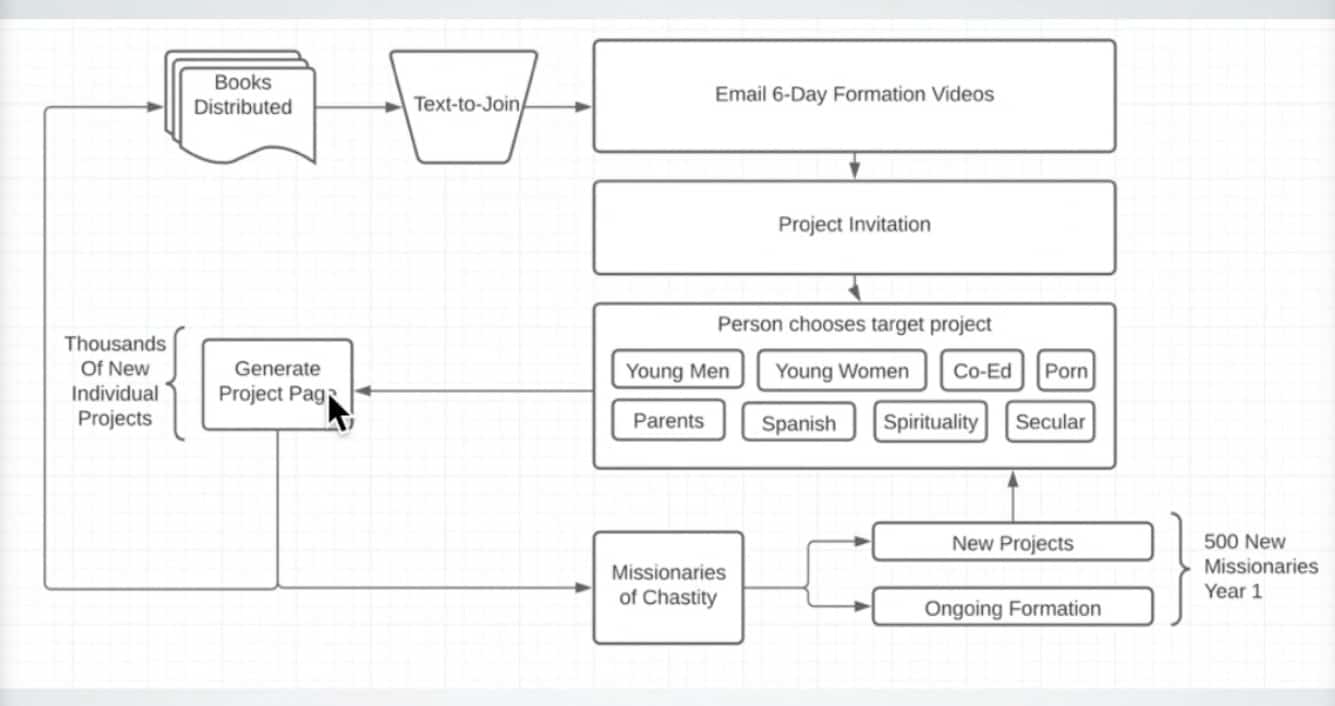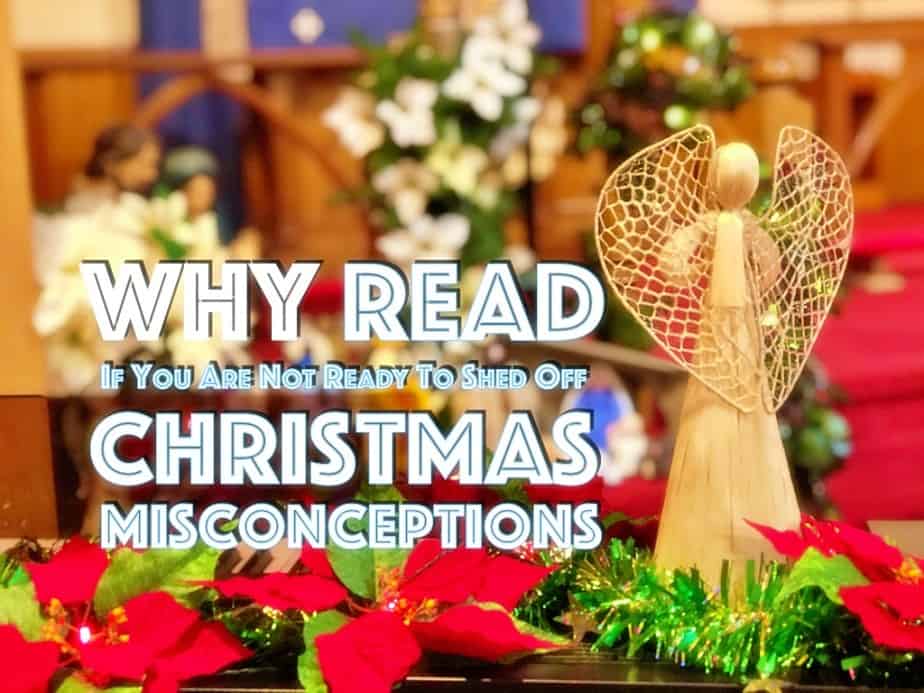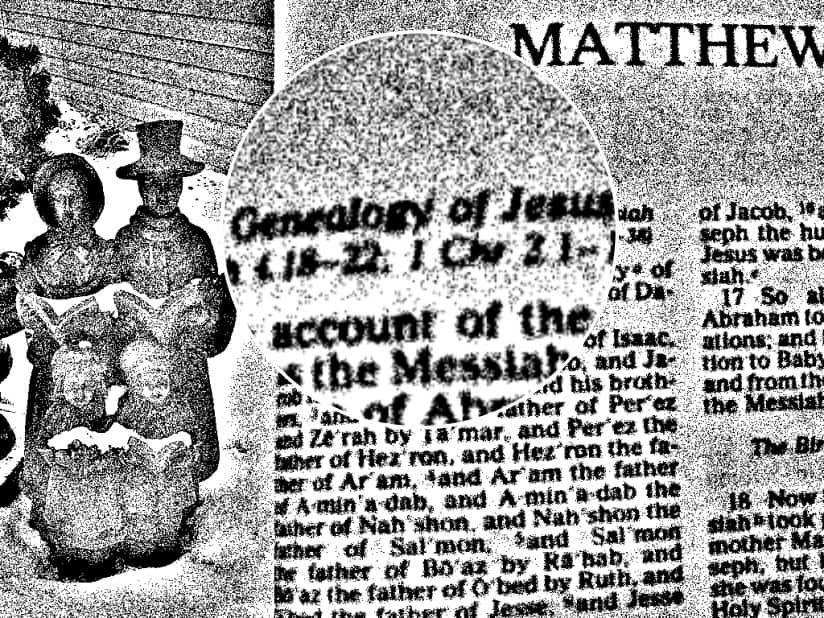 Beginning Ash Wednesday, February 17, 2021, the priest-celebrant will drop the word “one” at the conclusion of all Collects used at mass and other Sacraments. The priest will no longer say, “…one God, forever and ever. Amen.” But simply conclude, “…God, forever and ever. Amen.
Beginning Ash Wednesday, February 17, 2021, the priest-celebrant will drop the word “one” at the conclusion of all Collects used at mass and other Sacraments. The priest will no longer say, “…one God, forever and ever. Amen.” But simply conclude, “…God, forever and ever. Amen.
Collect is the opening prayer in the Roman Missal, a prayer before the scripture readings (Liturgy of the Word) during mass. Collect is the summation of all prayers of the assembly into one opening prayer by the priest, after the Gloria.
Canadian Conference of Catholic Bishops issued a decree of implementation for the revised translation of the Trinitarian ending of the Collect on December 8, 2020. Bishops’ Conferences of all English-speaking countries will adjust the wording to adhere to the original Latin text.
Currently, the formula in Latin “Deus, per omnia sæcula sæcularum” are rendered in English as “one God, forever and ever.”
At the Holy See’s request, the amendment is to modify the ending of the English-language translation of the Collect, no. 54 of the General Instruction of the Roman Missal (GIRM).
Why is the word “one” being removed from the Collect?
The Congregation for Divine Worship and the Discipline of the Sacraments point out that the addition of “one” is mistaken and problematic. The word “one” can undermine the Son’s unique identity within the Trinity, which is strongly conveyed in the Latin formula. There is also a possibility of interpreting that Jesus Christ is “one God.” The Holy See views such interpretations as injurious to the faith of the Church.
The doxology in Latin emphasizes the divinity of Lord Jesus Christ, the Incarnate Son, who intercedes on our behalf, as the Second Person of the Blessed Trinity, to the Father and which prayer in made in the unity of the Holy Spirit. The doxological phrase was coined in Africa as a means to combat the Arian heresy. The Son’s role of priestly mediation is made clear.
“To transfer the Trinitarian relational element in unitate as meaning unus Deus is incorrect.”
But Why Change Now?
Robert Cardinal Sarah, the prefect of the Congregation for Divine Worship and the Discipline of the Sacraments, wrote to Richard Gagnon, Archbishop of Winnipeg and President of Canadian Conference of Catholic Bishops, on May 13, 2020.
A correct interpretation is in a time “when many people see Jesus simply as a good man or moral teacher, like Socrates or the Buddha, but fail to recognize Jesus as the incarnate Son of God and the Second Person of the Trinity.” The change safeguards the Trinitarian formula and the profession of the Son’s divinity.
People use the English translation of the Roman Missal as a guide for other local languages, which runs the risk of an “unauthentic interpretation.” In this instance, other main languages like French, German, Italian, Spanish, and Portuguese adhere to the original Latin text in the Collect.
Episcopal Conferences of the English-speaking world will enact changes in the Collect, taking the French or German approach or opt for something closer to the Italian, Spanish, and Portuguese model.
Few noticed the above change when the Congregation for Divine Worship and the Discipline of the Sacraments provided a Mass in Time of Pandemic, the word “one” had been dropped by the Dicastery.
What else will change?
The change to the ending of the Collect is also to be applied in similar prayers in the liturgy, which also concludes with the doxology, such as the Blessing of Water at the Easter Vigil. Other Liturgical celebrations you will notice this change is during the ordination of Bishop, of Priests, and Deacons and dedication of a Church and an Altar.
Practically, the bishop or the priest celebrant will omit the word from the prayer, without a need to strike out or attempt to erase the word “one” in each instance in the liturgical books.
The Canadian Conference of Catholic Bishops provides “Catechesis and Explanation” to prepare the faithful for the change.
Change to the conclusion of the Collect in the English translation of the Roman Missal is an opportunity for catechesis.




